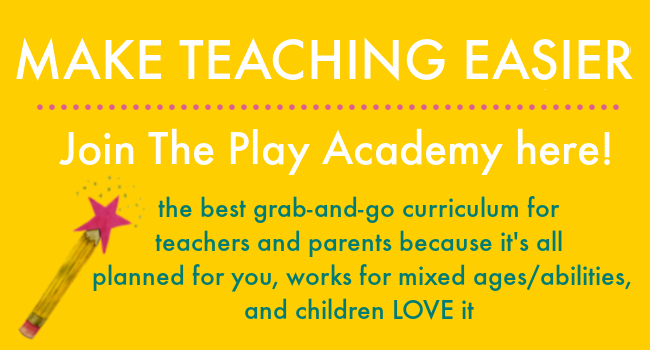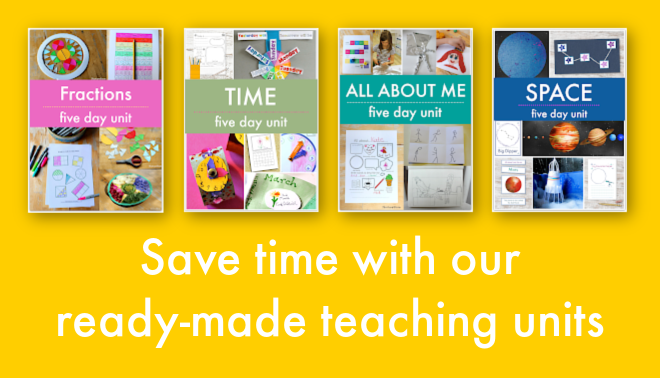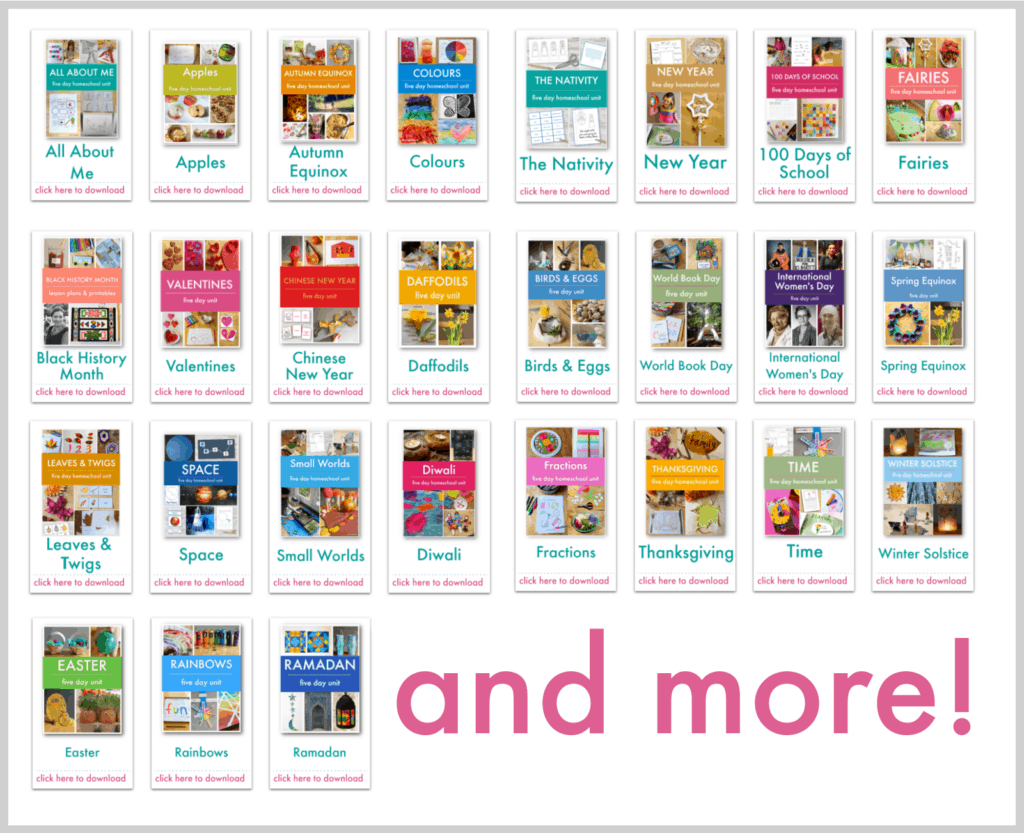Looking for a science and math STEM curriculum for your homeschool or school? Let the Play Academy make it easy for you with our specialist curriculum pathways of ready-made thematic units.
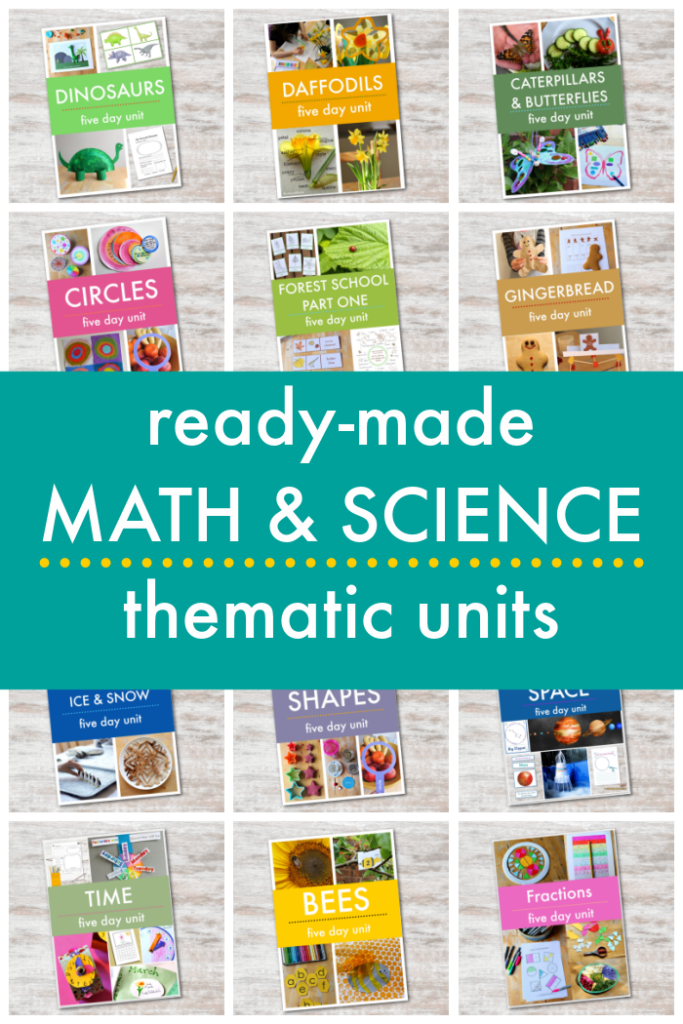
Science and math STEM home / school curriculum resources
The Play Academy gives you an exciting and engaging science and math STEM curriculum that you can use with your children at home or in school.
Our ready-made units give you everything you need to lead a hands-on programme of science and math lessons that your children will delight in taking part in.
Based on the teaching philosophy of hands-on learning, the Play Academy science and math STEM curriculum is engaging, effective and loved by children.
With everything planned for you, you can enjoy teaching, focus on supporting your children, and reclaim your weekends!
Your teaching’s about to get a whole lot easier: here’s how you can use the Play Academy ready-made thematic units to build your science and math STEM curriculum.
What is the Play Academy?
The Play Academy is a bit like Netflix for teaching resources. Just as Netflix has a library full of films to watch, whenever you want to, in all sorts of genres, the Play Academy gives you a huge range of teaching units, with over 50 different themes, that you can use whether you are at school or home educating.
The units are ready-made and come with practical, bonus printables so you are always ready to grab-and-go, ready to teach your choice of unit.
With the Play Academy, you can choose from a monthly or annual membership, cancel any time, and you’ll be able to breathe a sign of relief because all your planning will be done for you. This lets you really focus on supporting your children and lets you reclaim your weekends for you and your family because all your curriculum is planned and ready for you to use. Relax and enjoy teaching again!
You can use as many or as few units as you want each month, you can start at any time of the year, with any unit, and you will always have plenty more units to choose from if your children want to explore a new topic or need a fresh challenge. Read on to see how the units work really well to build a curriculum based around science and math.
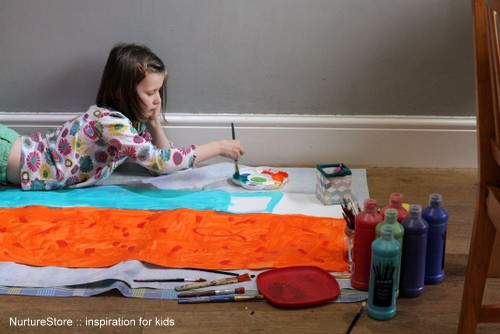
The benefits of teaching through thematic units
A thematic unit is a programme of learning that includes a wide range of skills and activities, all linked to one central topic.
Thematic units are an excellent way to teach skills and concepts because they match the way we live and work in real life, where things aren’t divided into separate subjects.
Thematic units integrate traditional school subjects in one whole programme of learning. This lets children see links and make connections.
A thematic unit also lets us offer a wide range of activities, so there are things that appeal to all learners. This keeps lessons engaging and encourages our children to try new things, and develop many skills. It also makes them an excellent way to teach mixed-age/ability children together, which makes planning so much easier for us and also benefits our children, as they are able to work-together, build relationships, and share ideas.
Our children also benefit from the depth and breadth of a thematic unit. They can learn much more about a topic if they consider it from a scientific, artistic, literary, mathematical, geographical and playful point of view. Their learning will be so much more practical and robust.
And with your Play Academy membership you’ll be instantly ready to teach your chosen programme of units, with everything planned for you.
Our ready-made thematic units mean you can pick up your chosen kit and teach.
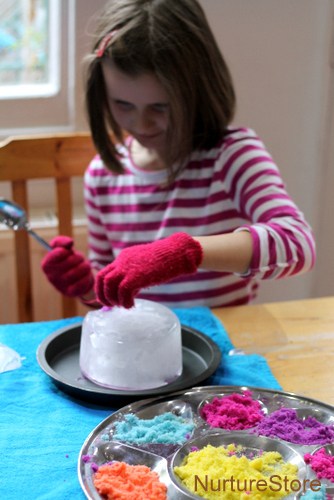
Ready-made science and math STEM curriculum for homeschool or school
Each Five-Day Unit in the Play Academy is planned to give you a flexible curriculum you can use to suit your family / class needs.
The Units are based on a five-day block of lessons that are carefully created to introduce each topic and give a range of activities that develop your children’s knowledge, thinking, creativity and skills.
You can use the Units for one week of learning, Monday to Friday, but you don’t have to. You might like to do one activity a week over five weeks or however best suits your timetable.
You can do one Unit every week of the year or pick a selection of Units to use at certain times over the course of the year.
With your Play Academy membership you’ll receive a Curriculum Year Plan ‘running order’ of the Units. This shows you which Units best suit certain weeks of the year – for example when Christmas is, when Ramadan is, when World Space Week is. You’ll also receive a blank version of this calendar so you can customise and fill in your own plan if you want to.
The Units work individually and can also be combined to build a broader theme over a period of time: a specialist curriculum pathway. For example, you might like to build a theme for your year based on a pathway that focuses on Math & Science, Art, Literacy & Storytelling, Festivals, Identity & Wellbeing or Nature.
Let’s take a look at what’s in our science and math STEM curriculum pathway.
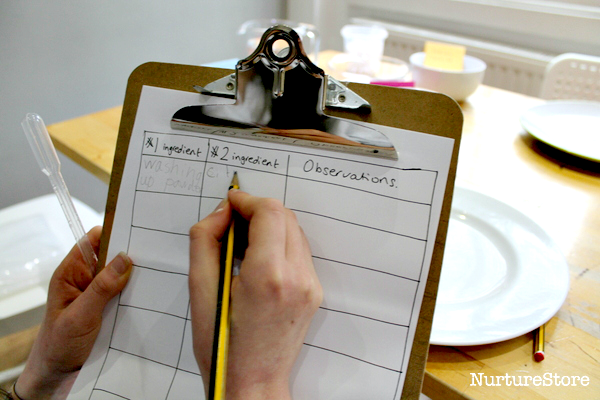
What’s in the Play Academy science and math STEM curriculum pathway?
If you would like to have a science and math focus to your teaching this year, you’ll find the Play Academy has an excellent range of units that you can fit together to create an in-depth and engaging programme for your children.
All our units are based on hands-on learning. Rather than staring at a screen or filling in uninspiring worksheets, the Play Academy gives you easy-to-lead, creative lessons that enable your children to learn through making, playing, doing, cooking, investigating, storytelling, imagining, chatting, thinking and laughing.
Hands-on activities give children a deeper, richer understanding of the subject we are learning about and also lets children develop other vital skills alongside their knowledge including fine motor skills, gross motor skills, team work, problem solving, executive function skills, sequencing, adaptability, wellbeing, and community spirit.
In our science and math STEM curriculum pathway your children can learn with the following units:
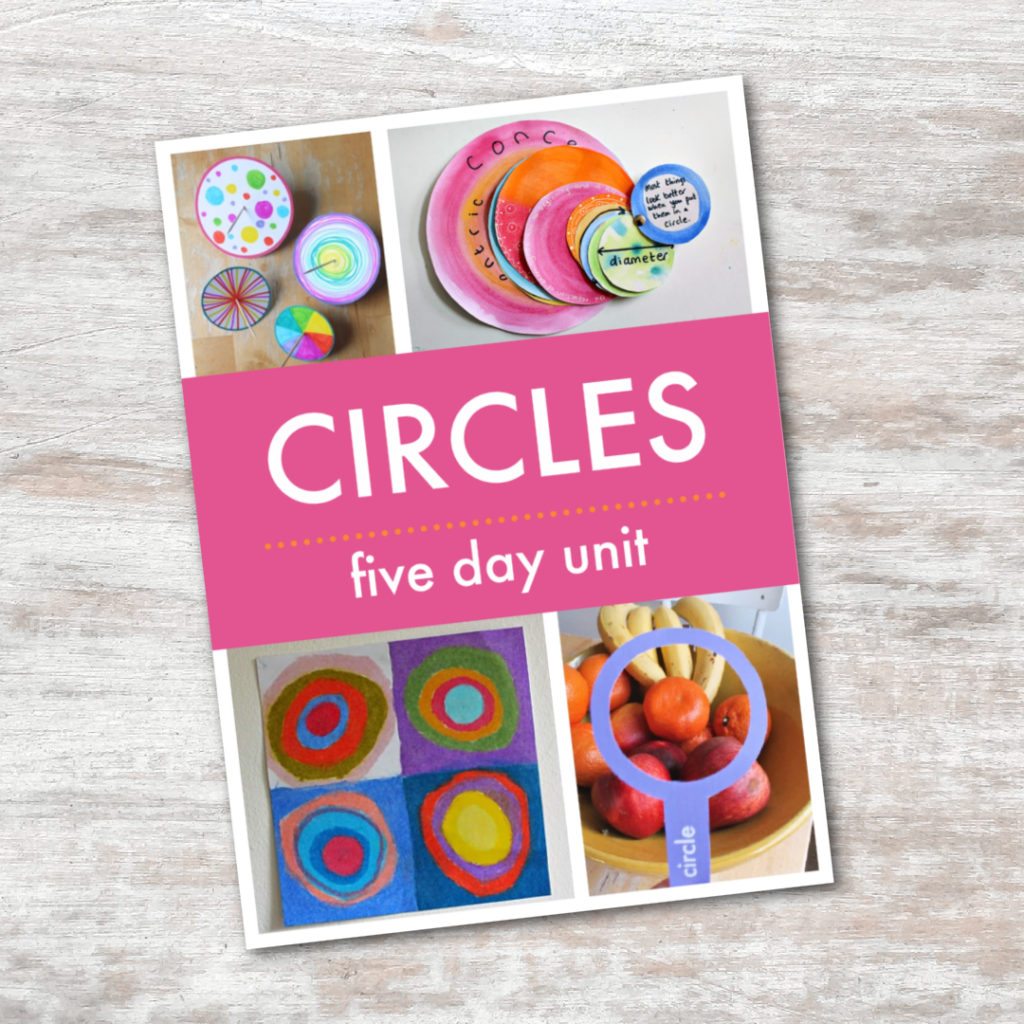
:: go on a shape hunt or make a circle book
:: create circle art like Kandinsky
:: explore physics and make spinning tops
:: make a mandala
:: turn circles into spheres
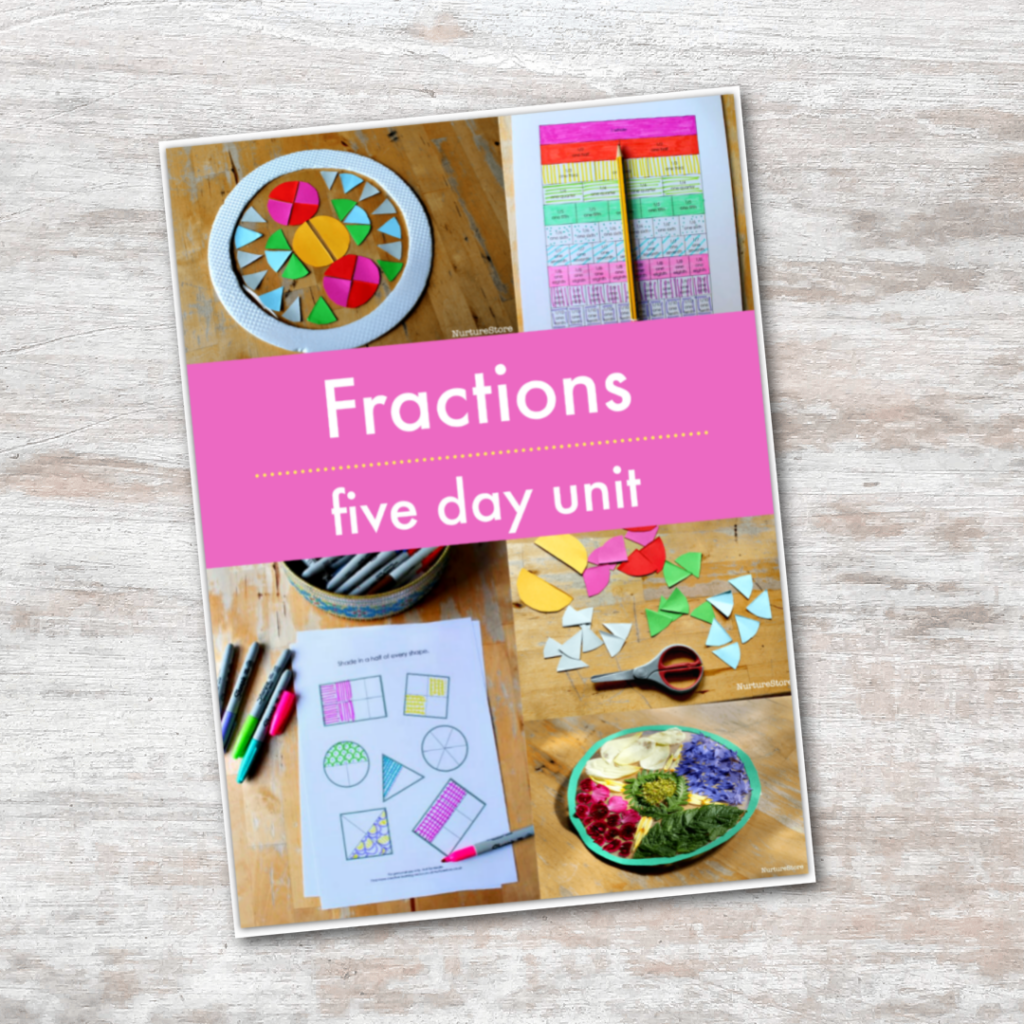
:: learn about fractions and make an anchor chart jigsaw for knowledge learning and re-cap
:: enjoy a fractions pizza parlour role play to put their learning into action
:: have a fractions tea party
:: make math and art fraction patterns
:: create a fraction mandala
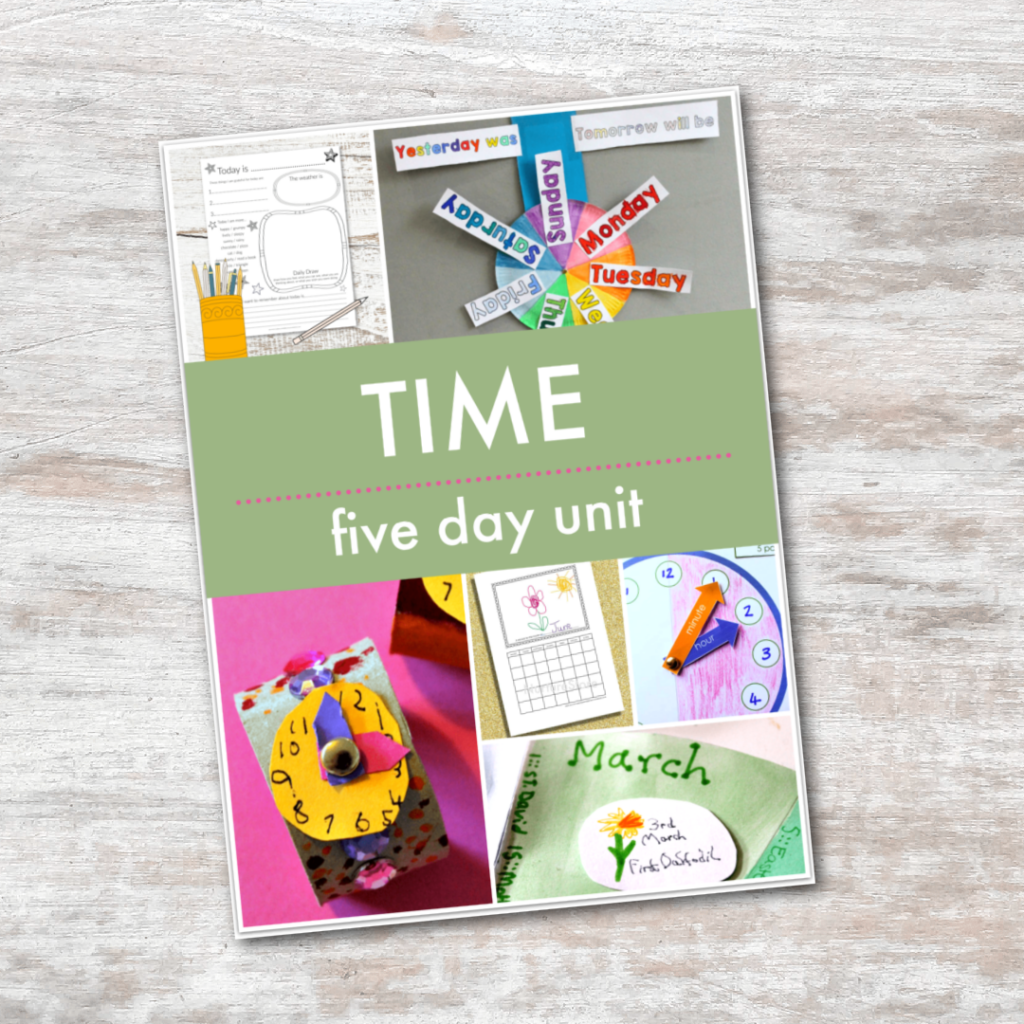
:: explore 100 seconds
:: learn about telling the time and make a watch or clock
:: journal a day in their life
:: learn about weeks, months and years
:: make a day/month spinner, art calendar or nature wheel
:: go back in time and learn about their ancestors
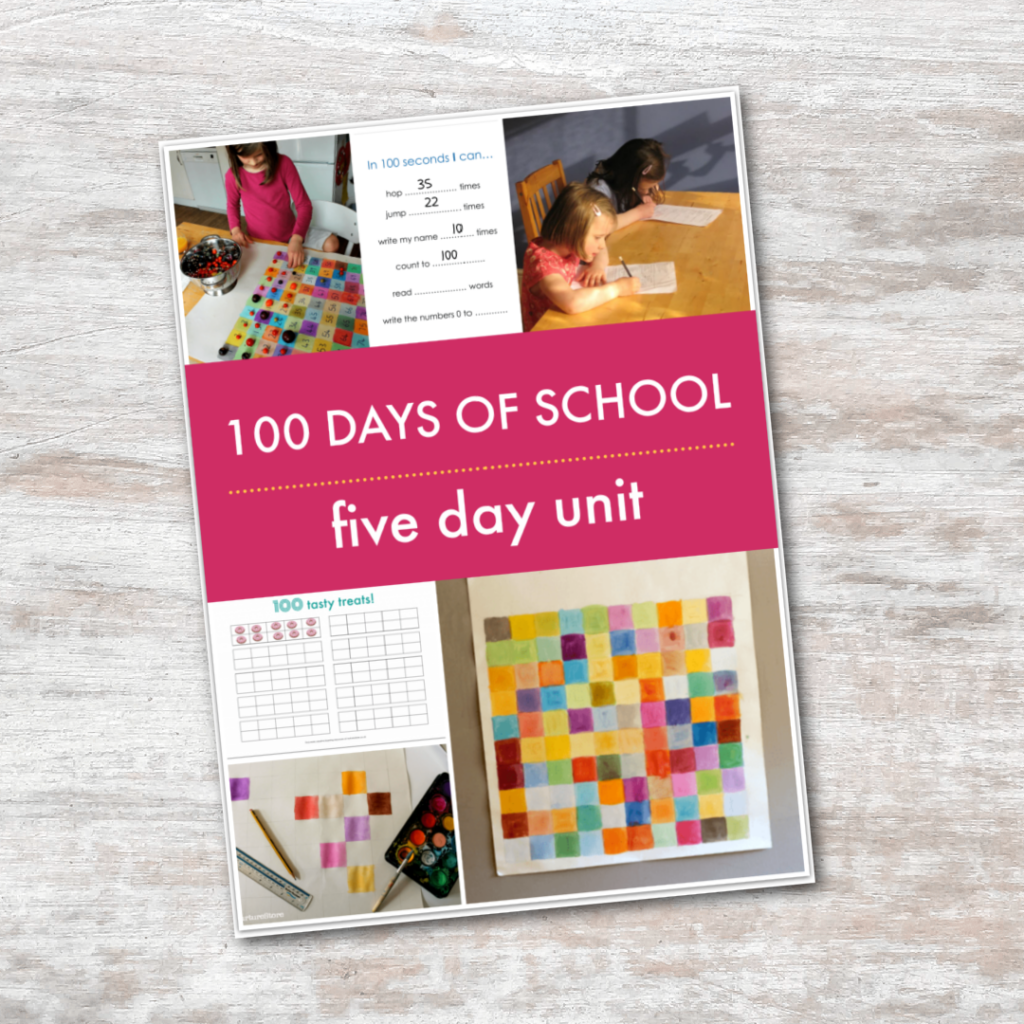
:: find out what they can do in 100 seconds using estimation, timing and accurate counting
:: explore 100s math activities
:: see if they can paint 100 colours – what would they name them all?
:: journal using our 100 writing prompts
:: have fun with 100 snacks
:: explore and talk about what is 100 miles away, working with paper and/or maps
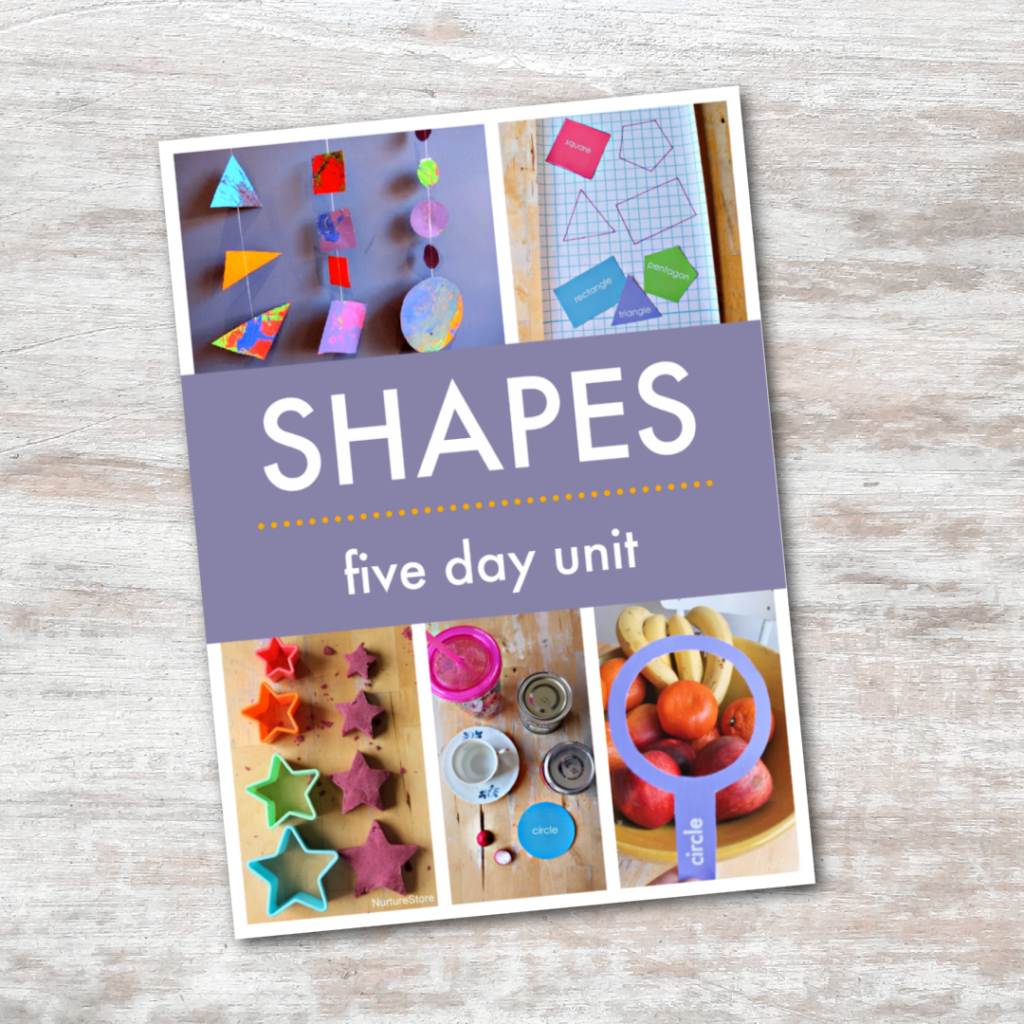
:: learn about the properties of different shapes
:: go shape hunting
:: make sensory shapes
:: build with shapes
:: play shape games using guessing games, DIY jigsaws, and spinning tops
:: explore shape art through collage, mobiles, doodles and patterns
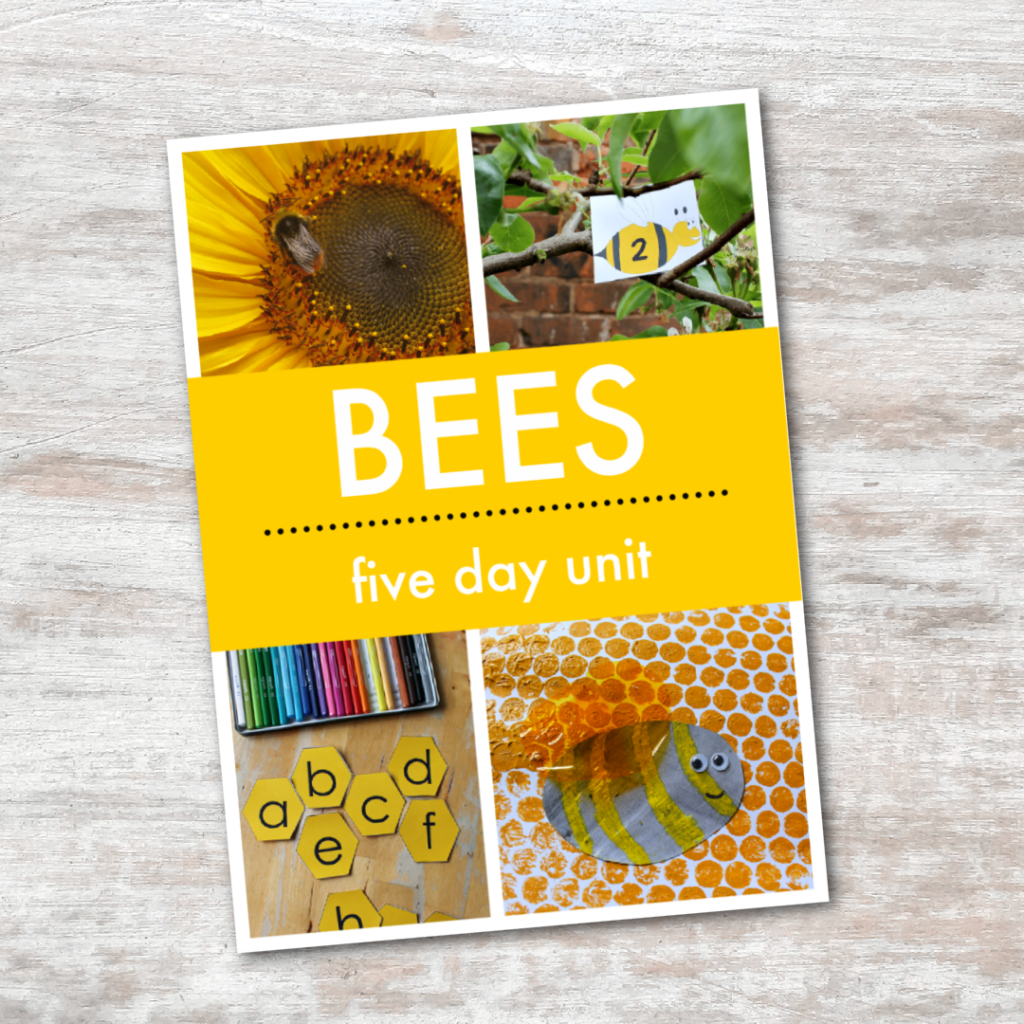
:: learn about bees and pollination
:: make a bee craft
:: play bumble bee math games
:: practice bee spellings
:: try art criticism with Henri Matisse
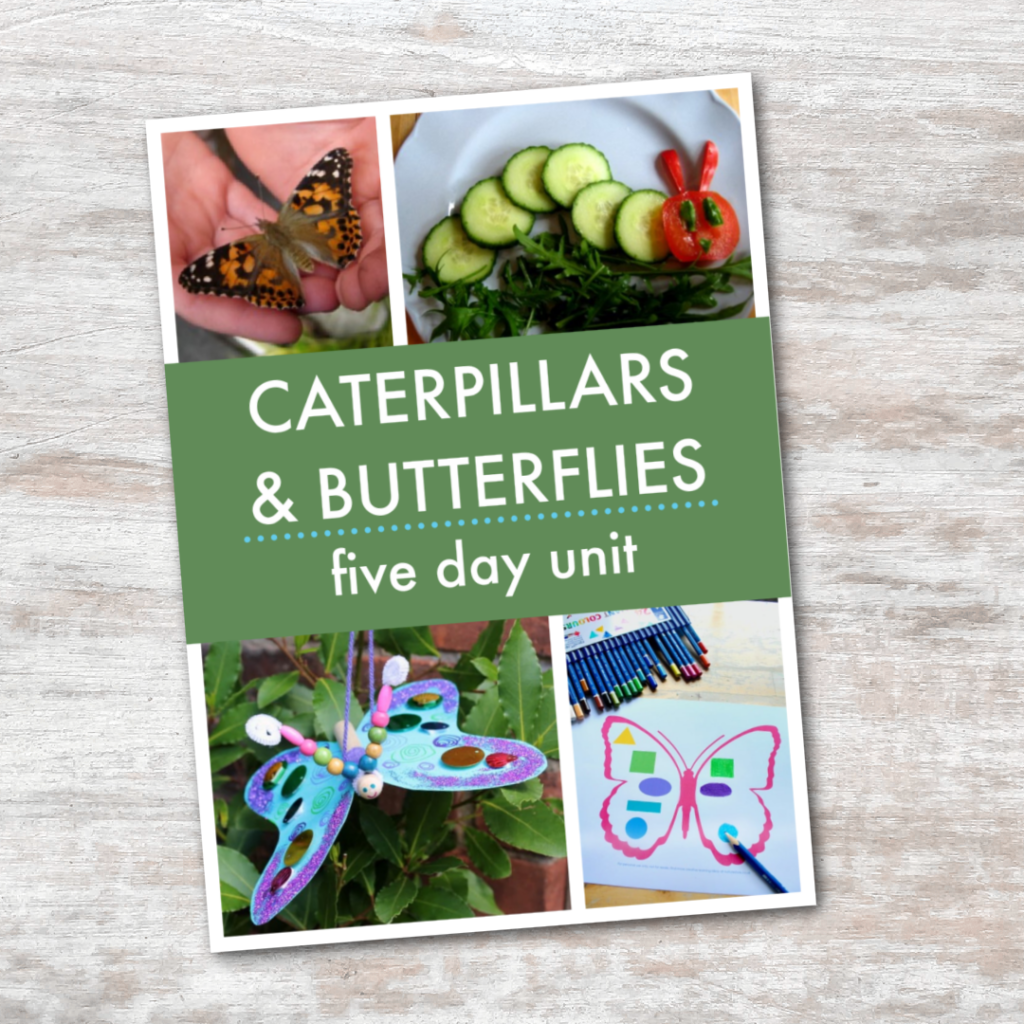
:: learn about caterpillars and make a caterpillar craft
:: learn about butterflies and make a butterfly book
:: make a butterfly craft
:: investigate butterfly symmetry
:: enjoy butterfly literacy activities
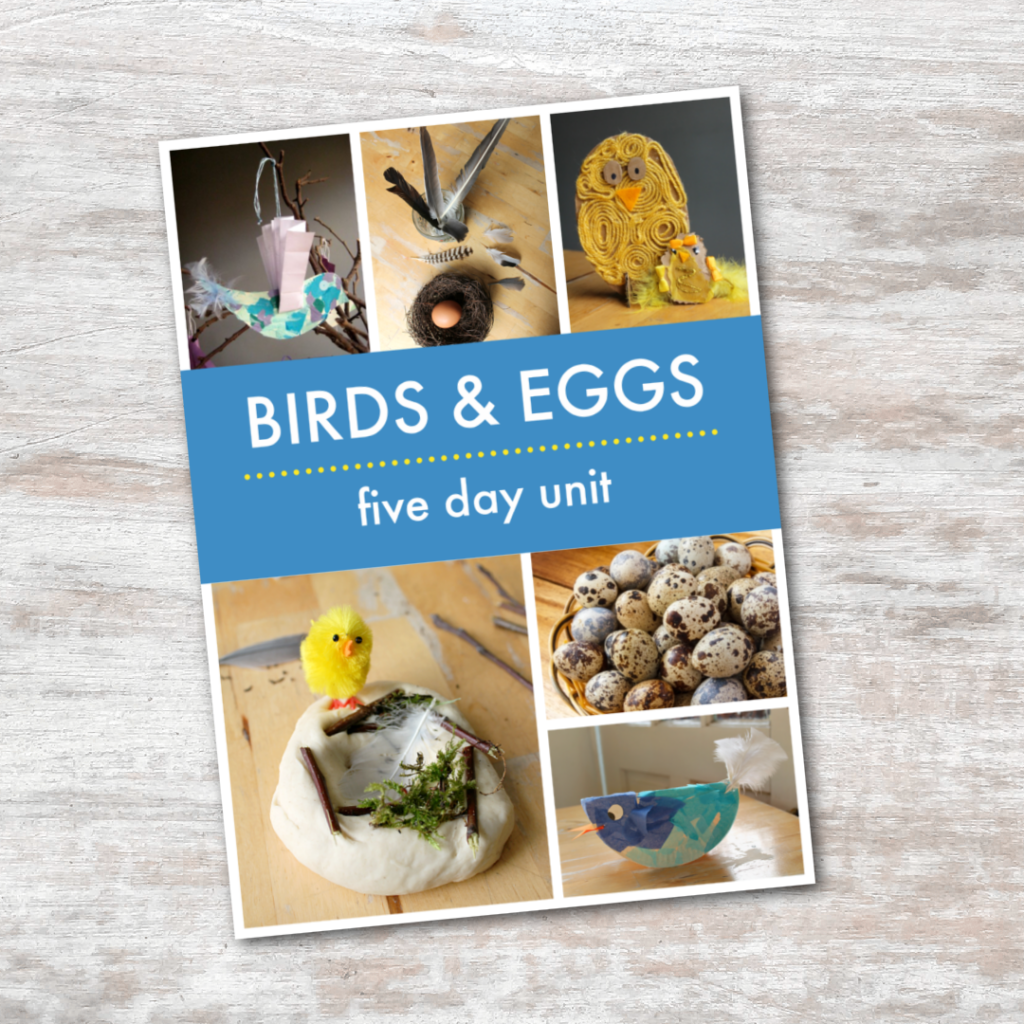
:: learn about eggs and make My Book of Eggs
:: go birdwatching and set up a bird investigation table
:: make a bird, egg or chick craft
:: see if they can make play dough nests
:: combine art and storytelling, making Word Birds or using a bird storytelling tin
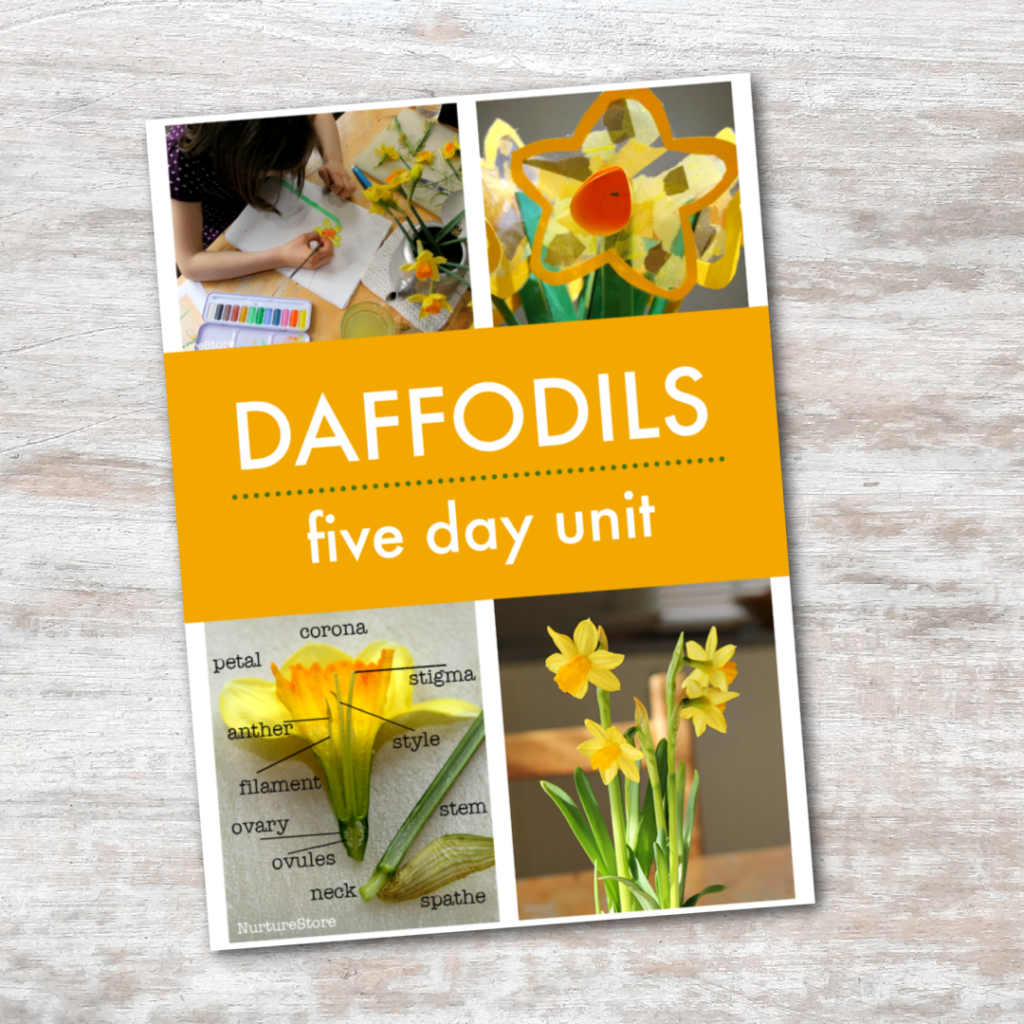
:: dissect daffodils and learn about the parts of the plant
:: paint a still life daffodil study
:: make daffodil bunting
:: read and write daffodil poetry
:: make daffodil pinwheels or bunting
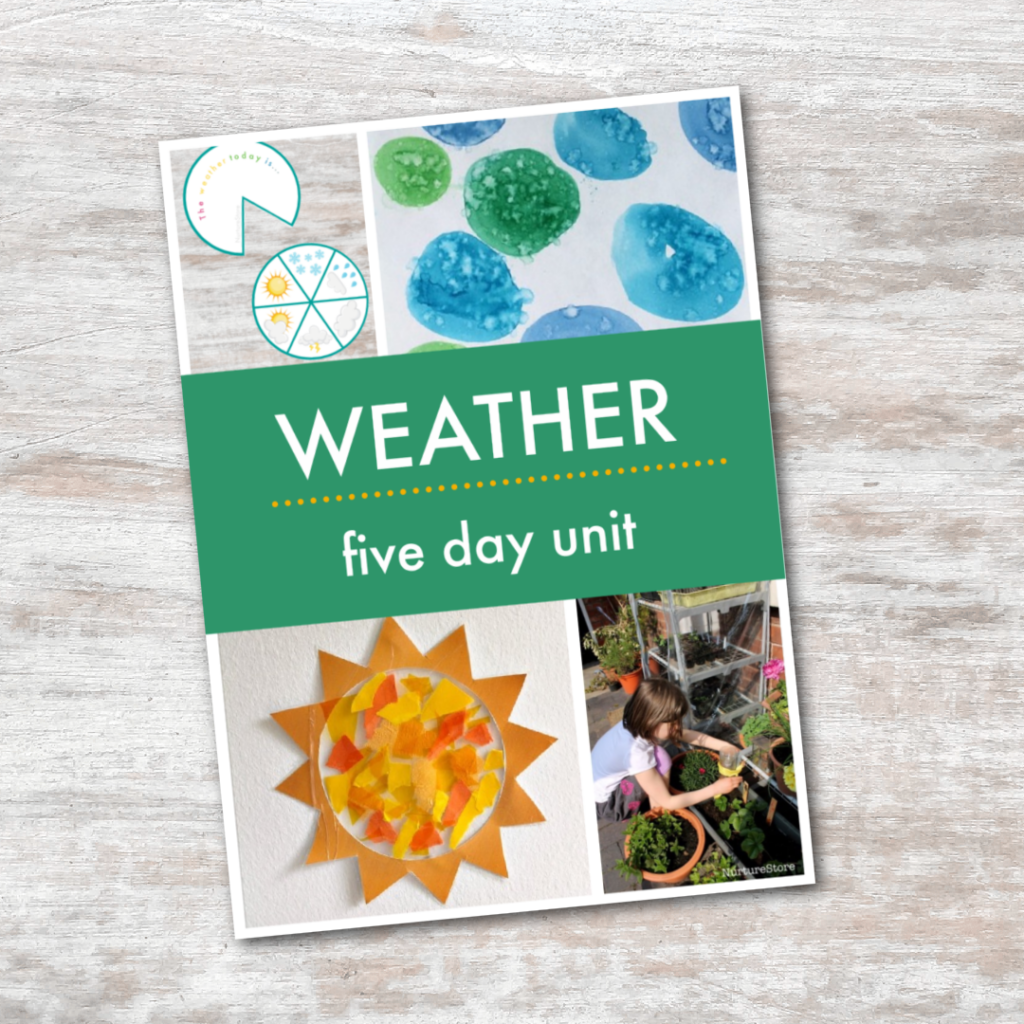
:: make weather spinners to boost vocabulary and begin to talk about the weather
:: learn how to identify clouds
:: create weather art using rain, wind or sunshine to create a collaborative project with nature
:: set up their own weather monitoring station
:: make (and broadcast) their own weather report
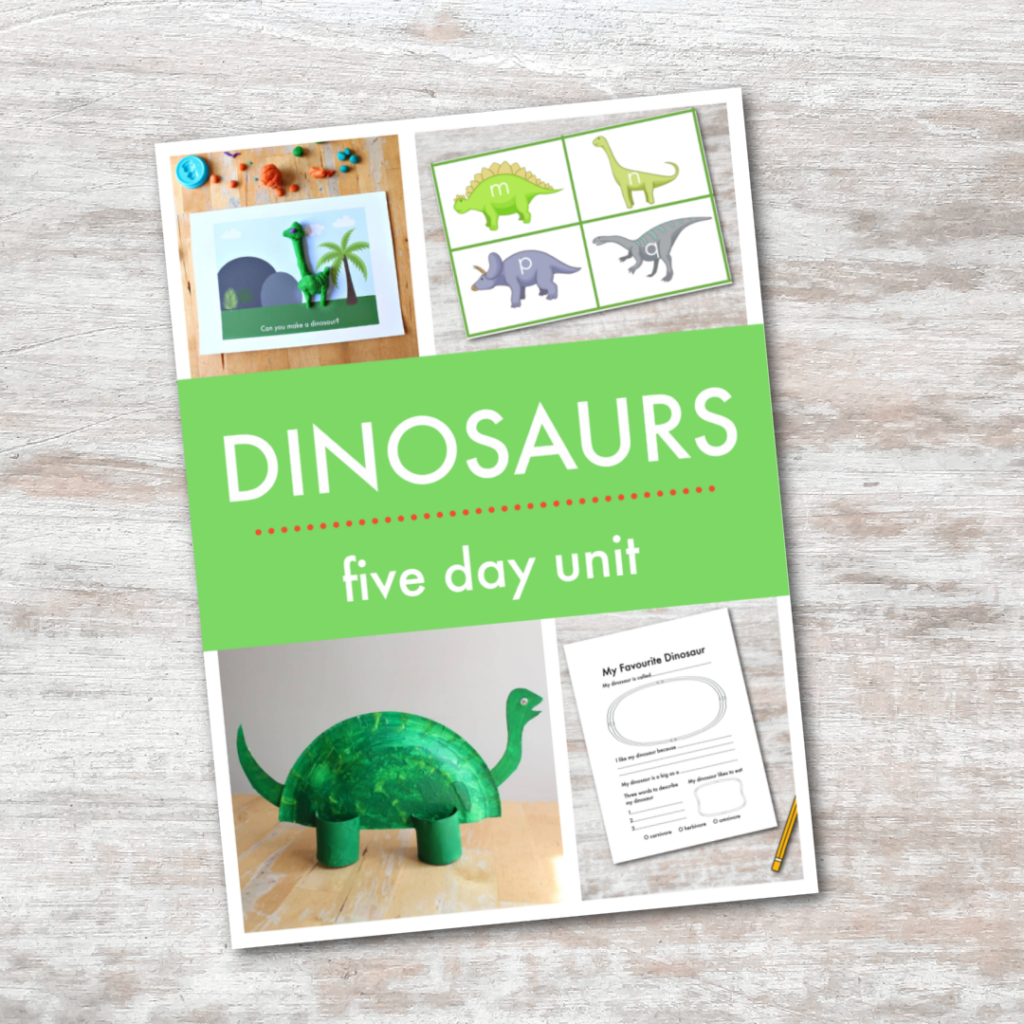
:: learn about dinosaurs and write about your favourite one
:: make a paper plate dinosaur
:: create a dinosaur small world
:: practice asking and answering questions using dinosaur books
:: play dinosaur literacy games
:: have fun with dinosaur sensory play
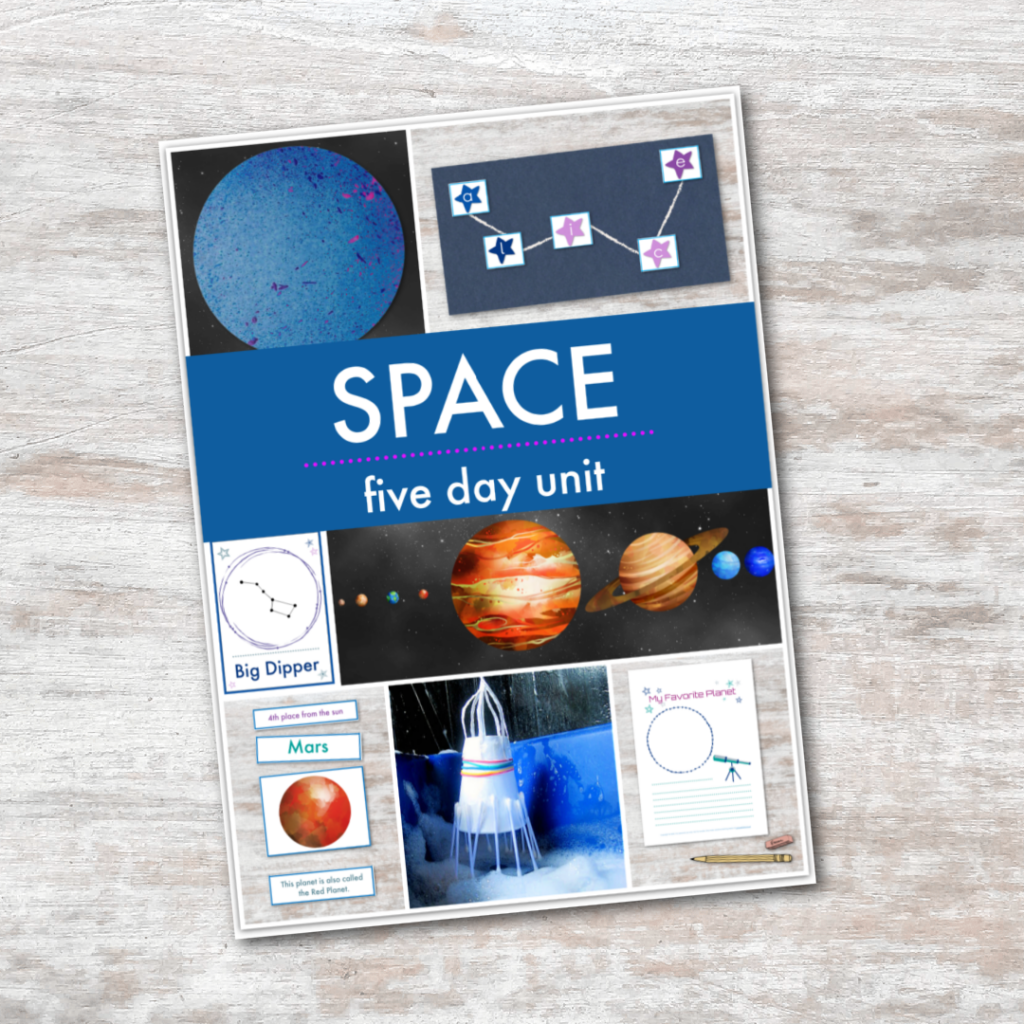
:: learn about the planets in our solar system
:: make planet paintings
:: learn about stars and constellations and go star gazing
:: learn about space exploration and make junk model rockets
:: create an outer space small world to stretch their imagination and consolidate their learning
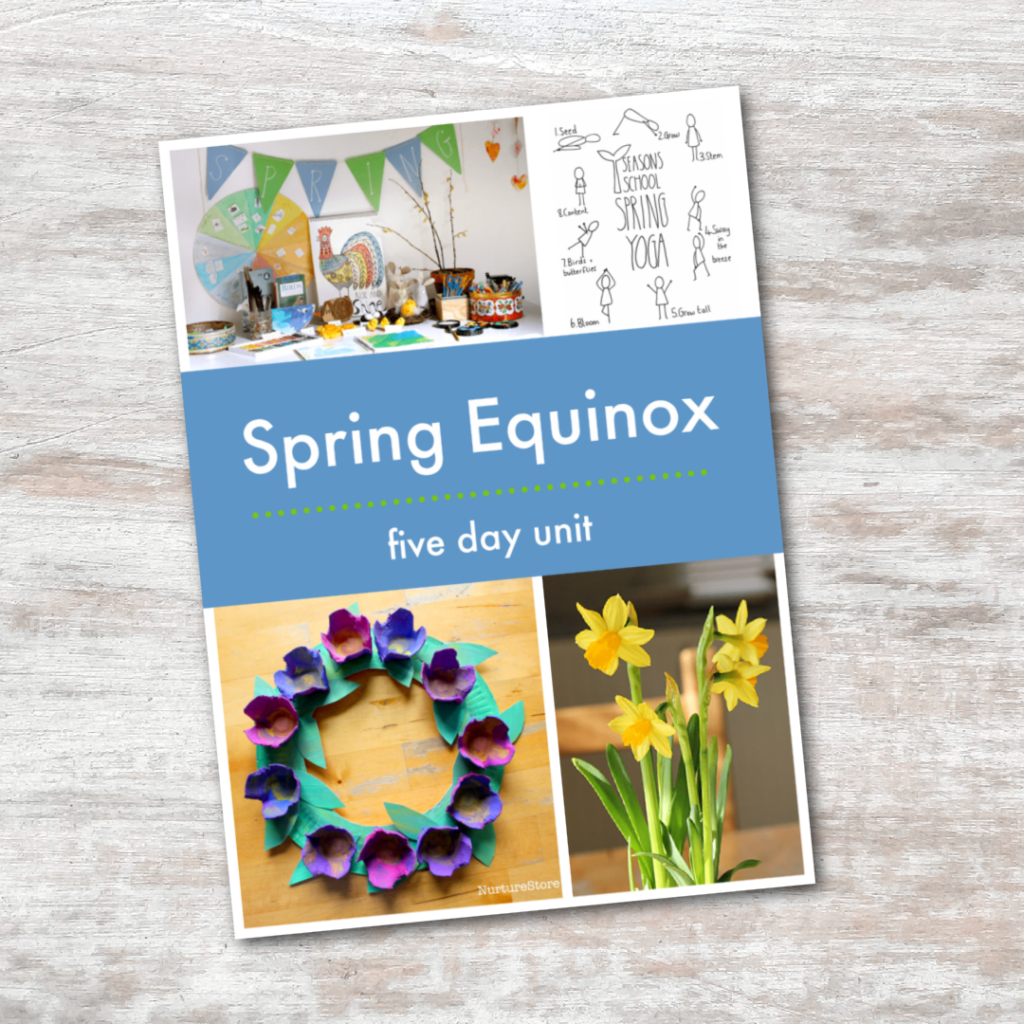
:: learn about seasons: what they are and why we have them
:: make a mini Spring book
:: spring clean your classroom
:: make a spring wreath
:: go on a Spring nature walk
:: set up a nature table
:: enjoy a spring yoga routine
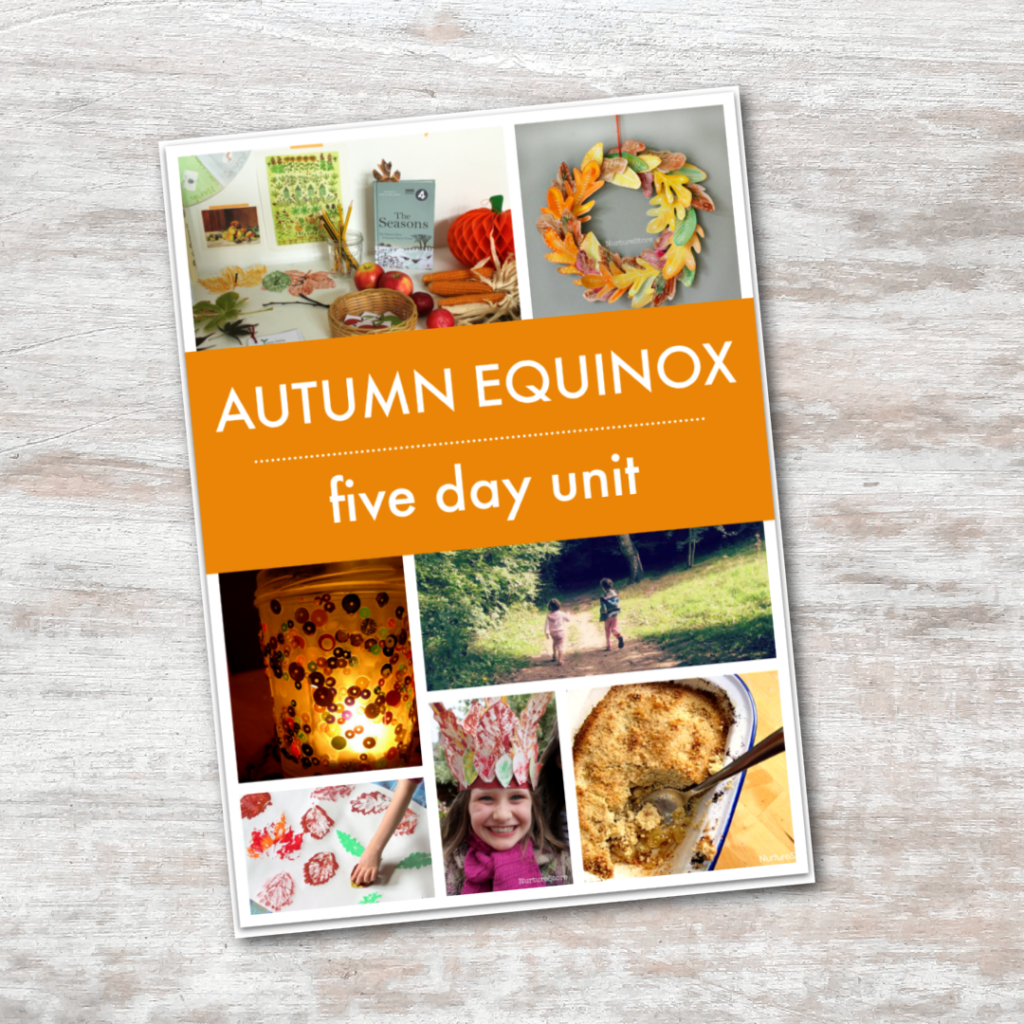
:: learn about the equinox and what it means
:: make leaf prints, creating art with nature
:: make a leaf wreath or crown to decorate your home/class or to wear to an equinox party
:: go on a Signs of Autumn nature walk to connect with nature and explore the science and senses of the new season
:: make autumn lanterns to light up your home / class as the nights get longer
:: and enjoy a seasonal feast to celebrate the equinox
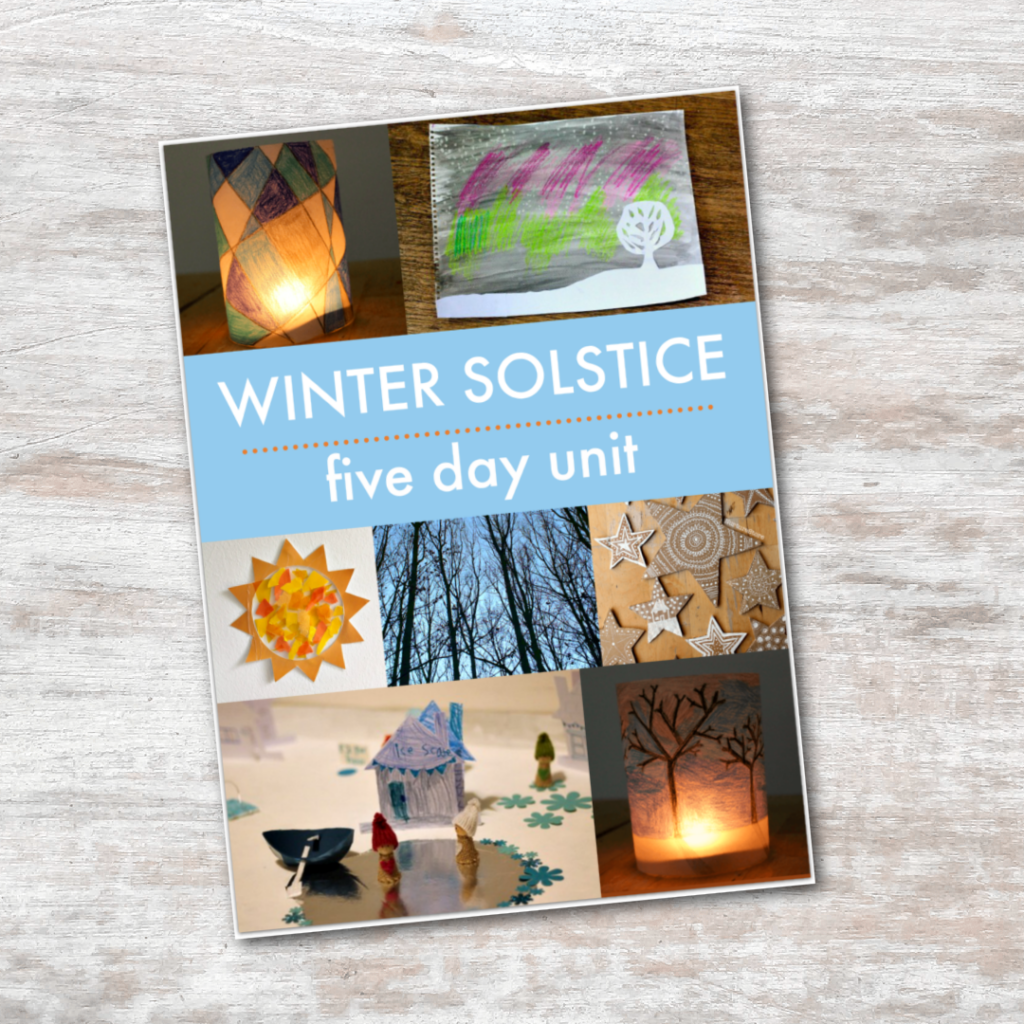
:: learn about the Solstice: what it is and how it is celebrated
:: make winter lanterns to light up the longest night of the year
:: go on a ‘signs of winter’ nature walk to explore the science and senses of the new season
:: learn about the Northern Lights and make skyline art
:: fill your windows with suncatchers or math stars
:: make a winter play-land for storytelling and imaginative play
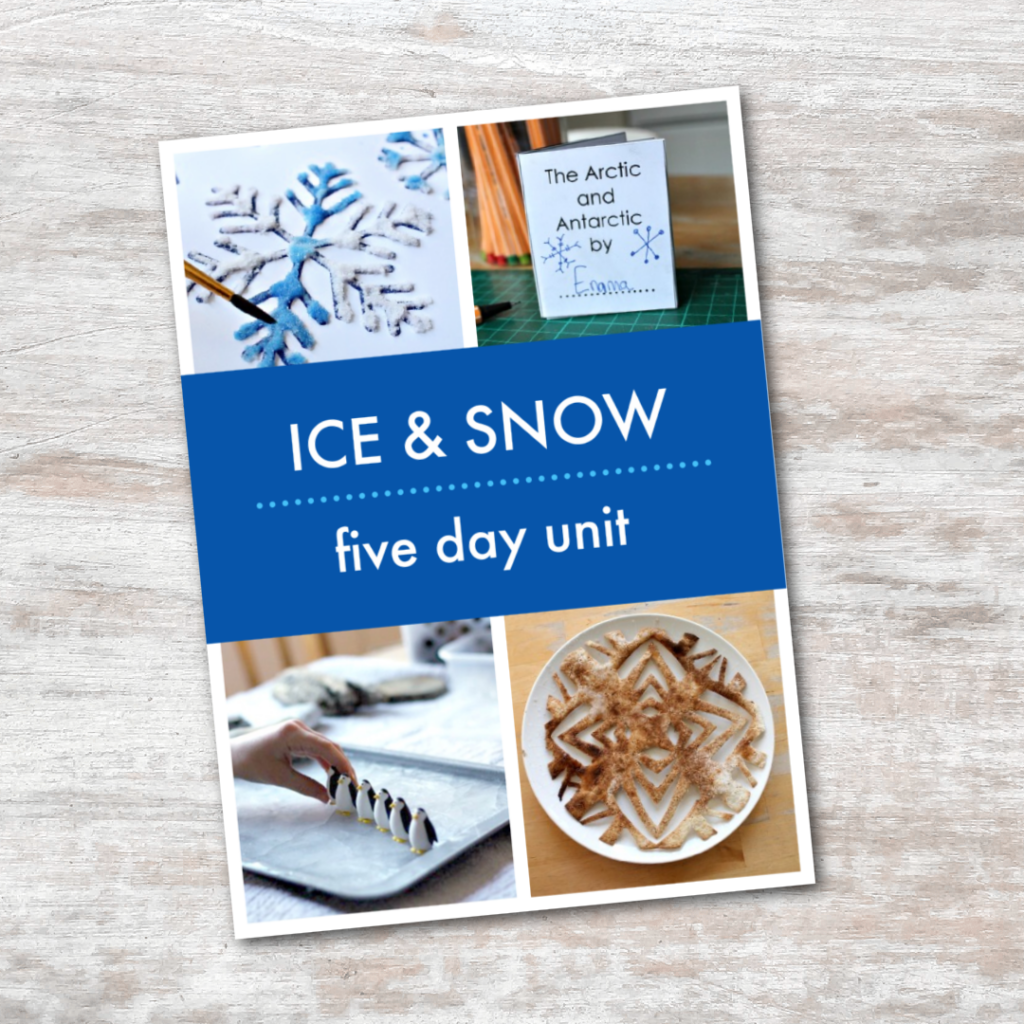
:: learn about snow: what it is, how it’s made, what colour it is, and the different types
:: explore snowflakes through art using puffy paint, salt or tortilla wraps
:: learn about the Arctic, Antarctic, penguins and polar bears and make a mini book to re-cap knowledge
:: make a penguin craft and play with a penguin small world
:: play penguin letter games
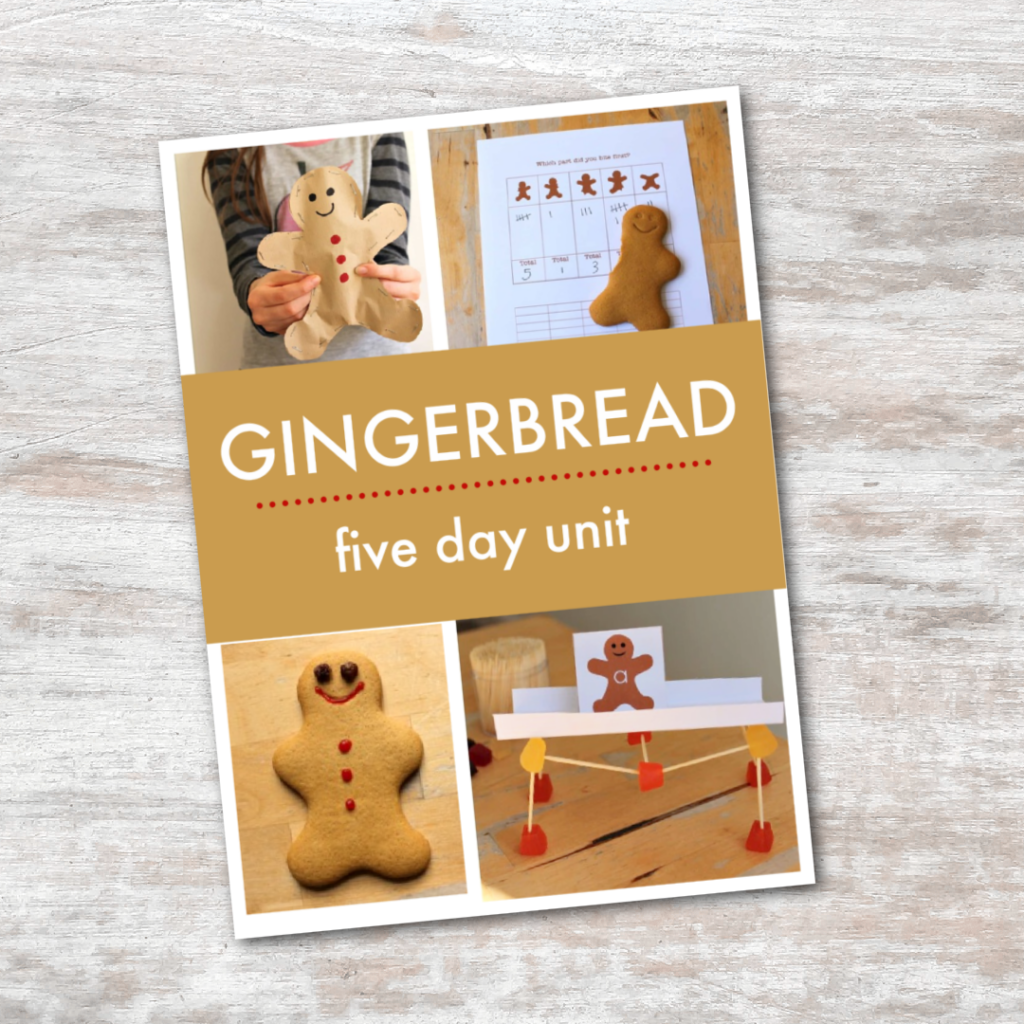
:: bake and taste gingerbread cookies: counting, measuring and developing life skills
:: explore non-standard measuring with gingerbread men
:: make ‘first bite’ surveys and graphs
:: take part in the build-a-bridge STEM challenge
:: make 3D gingerbread houses or gingerbread men art projects
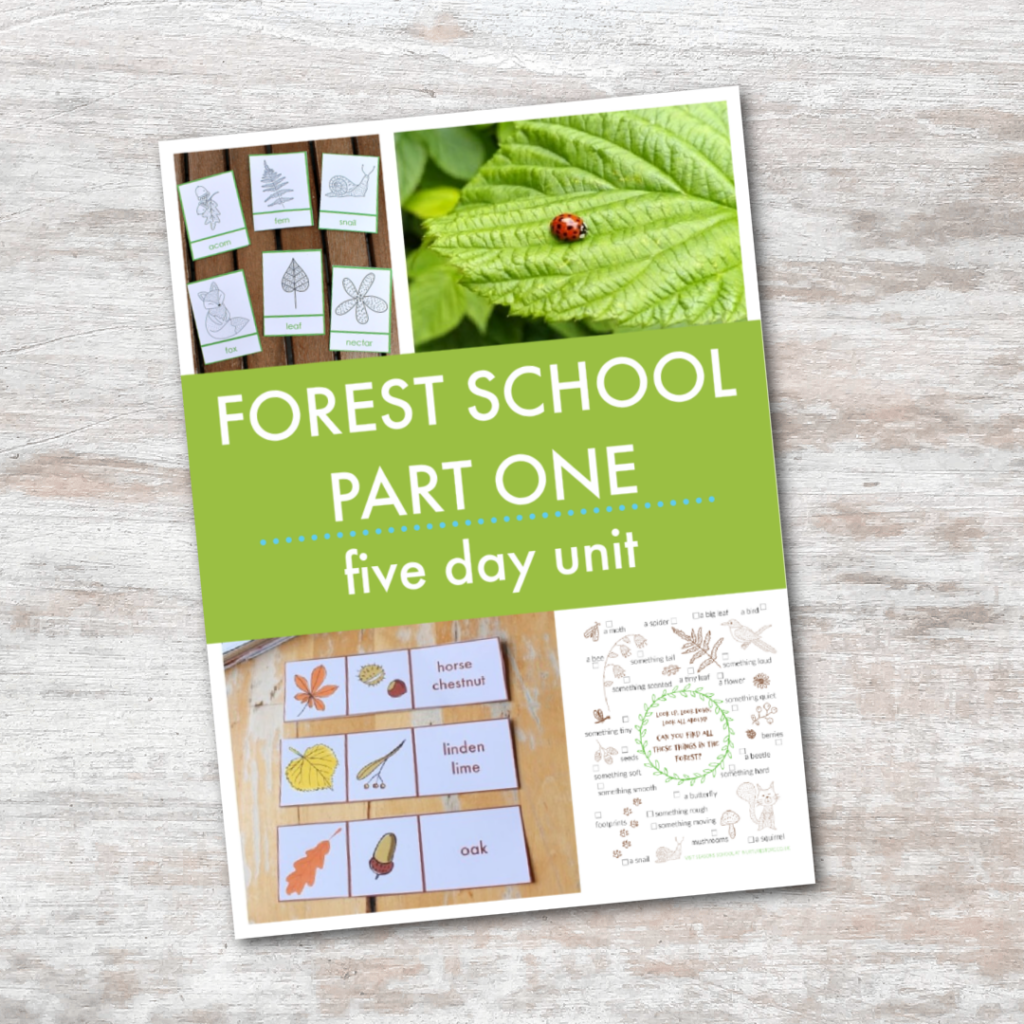
:: go on a forest treasure hunt
:: play forest school literacy games
:: learn about leaves and seeds
:: try forest school math activities
:: learn about forest food chains
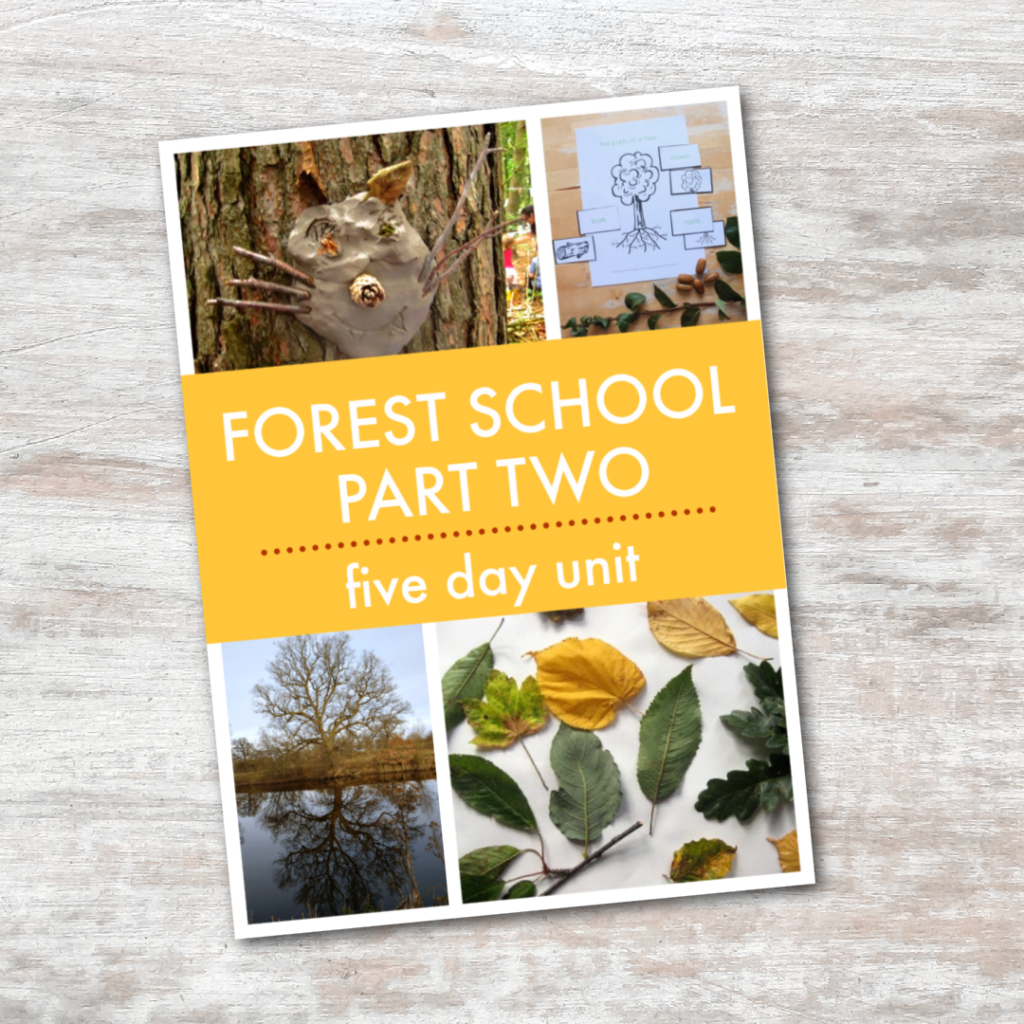
Forest School Two
:: learn about trees
:: explore ten nature finds in ten minutes
:: make forest mandalas
:: enjoy campfire food
:: make clay faces
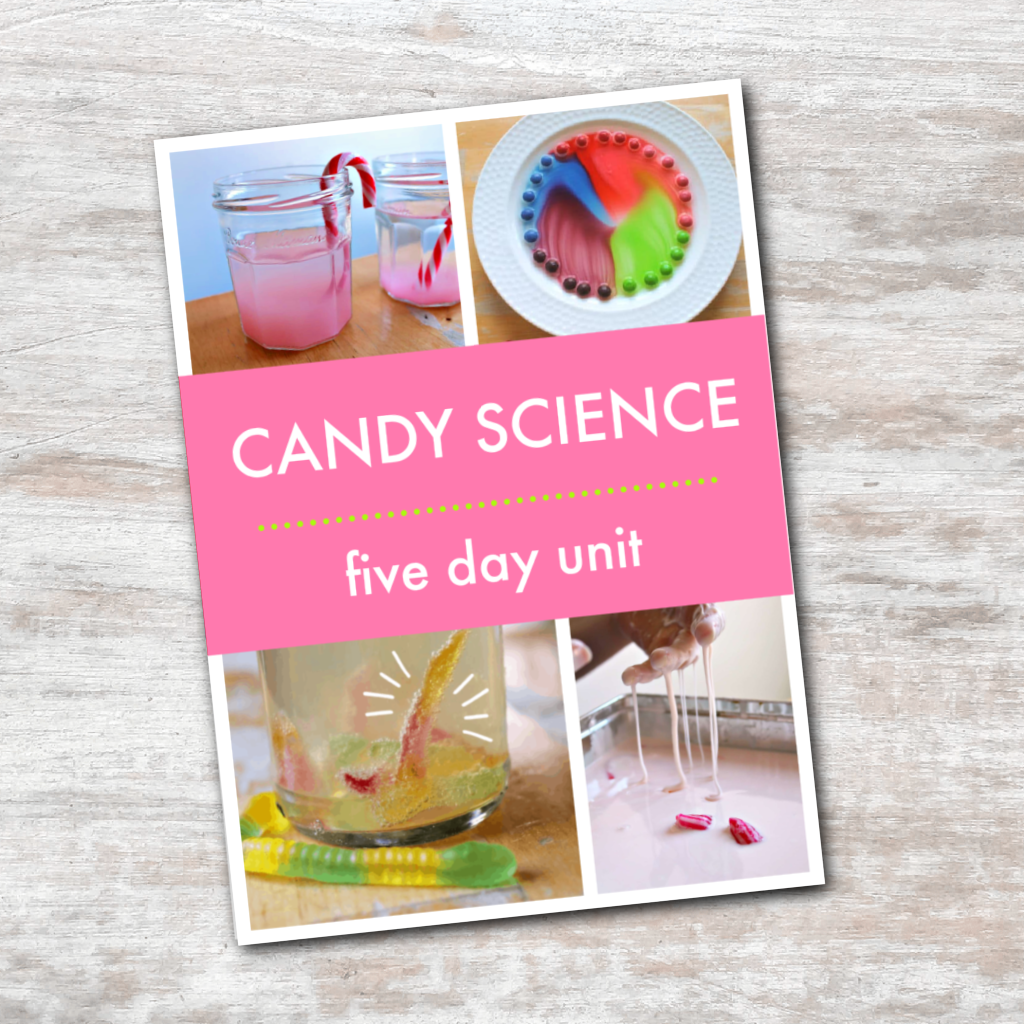
:: Learn about diffusion using Skittles colours
:: learn about acids and bases making gummy worms dance
:: learn about osmosis by growing gummy bears
:: learn about dissolving and states of matter with two candy cane experiments
:: learn about engineering as they take a gumdrop construction challenge
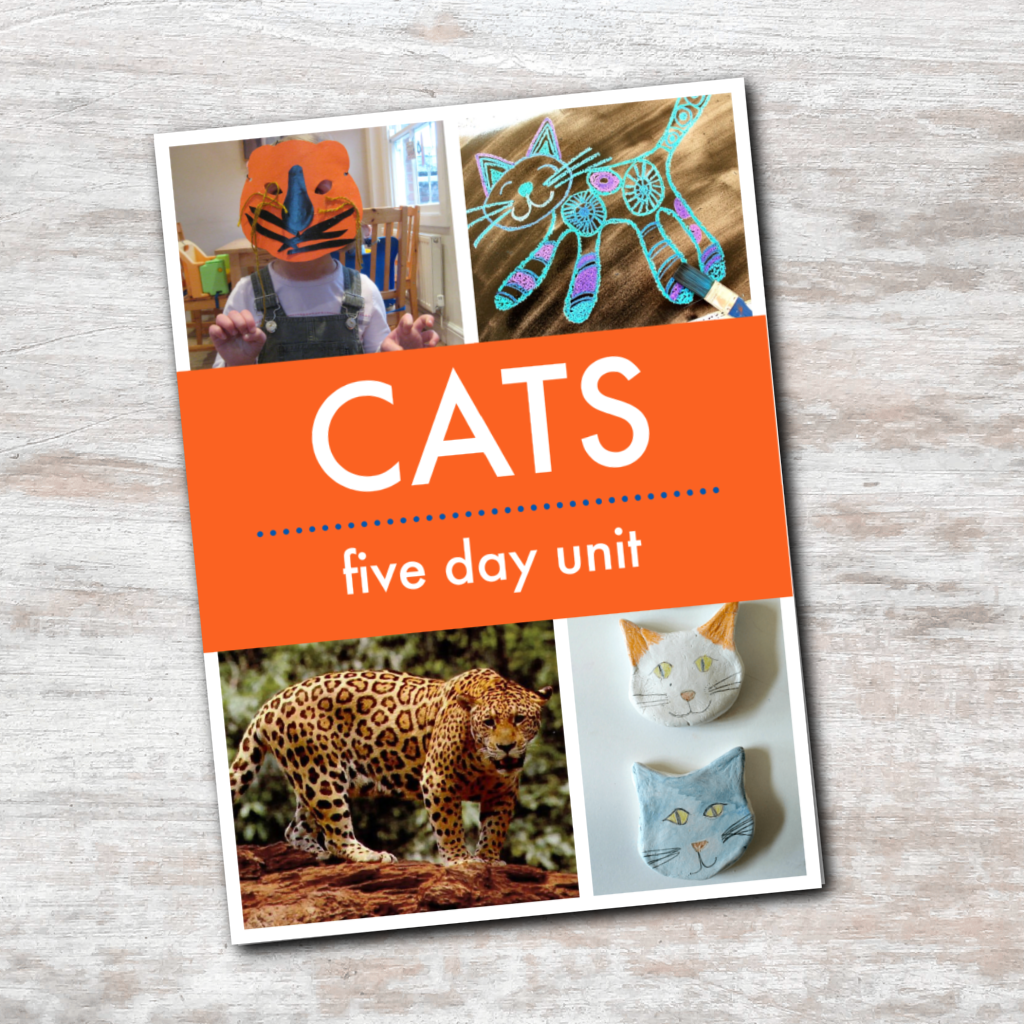
:: learn about big cats: their names and appearance, where the live around the world, what they eat and how they live
:: make a paper camera and ‘take photos’ of the cats they see on their world-wide safari
:: explore camouflage and create their own tiger
:: learn about biomes and habitats and make their own jungle or savanna small world, complete with printable tiger, lion and lioness puppet / models.
:: learn about American artist Laurel Burch and create cats inspired by her, exploring pattern and line techniques
Plus, you will find a wealth of themed math activities throughout the other units in the Play Academy.
More ready-made thematic units for homeschool
The Play Academy gives you over 50 grab-and-go thematic units which integrate perfectly with your curriculum.
You can start anywhere in the year and with any unit. The Play Academy is designed to be flexible. No child will ‘fall behind’ or ‘miss out’ because children are learning all the time, through everything they do. Our cross-curricular programme of hands-on learning builds deep and wide knowledge and skills, as children learn by doing.
Over the year they will benefit from a balanced and engaging programme that incorporates a full complement of subjects.
Choose from seasonal Units, such as Autumn Equinox, World Book Day, and Halloween, which fit with particular times of the year and timeless units such as Colour and Fairies which can be done anytime.
Science and Math Units include Space, Time, Weather, Circles, and Ice & Snow.
Nature Units include Daffodils, Leaves & Twigs, Sunflowers, and Forest School.
Language Units include All About Me, Small Worlds, and Puppets.
Art Units include Famous Artists, Printmaking, and Art Camp.
Animal Units include Birds & Eggs, Caterpillars and Butterflies, and Dinosaurs.
Festival Units include The Nativity, Ramadan, Diwali, Chinese New Year, Pride, Valentines, Earth Day, Day of the Dead, Hanukkah and Black History Month.
Join the Play Academy and choose your first unit here.
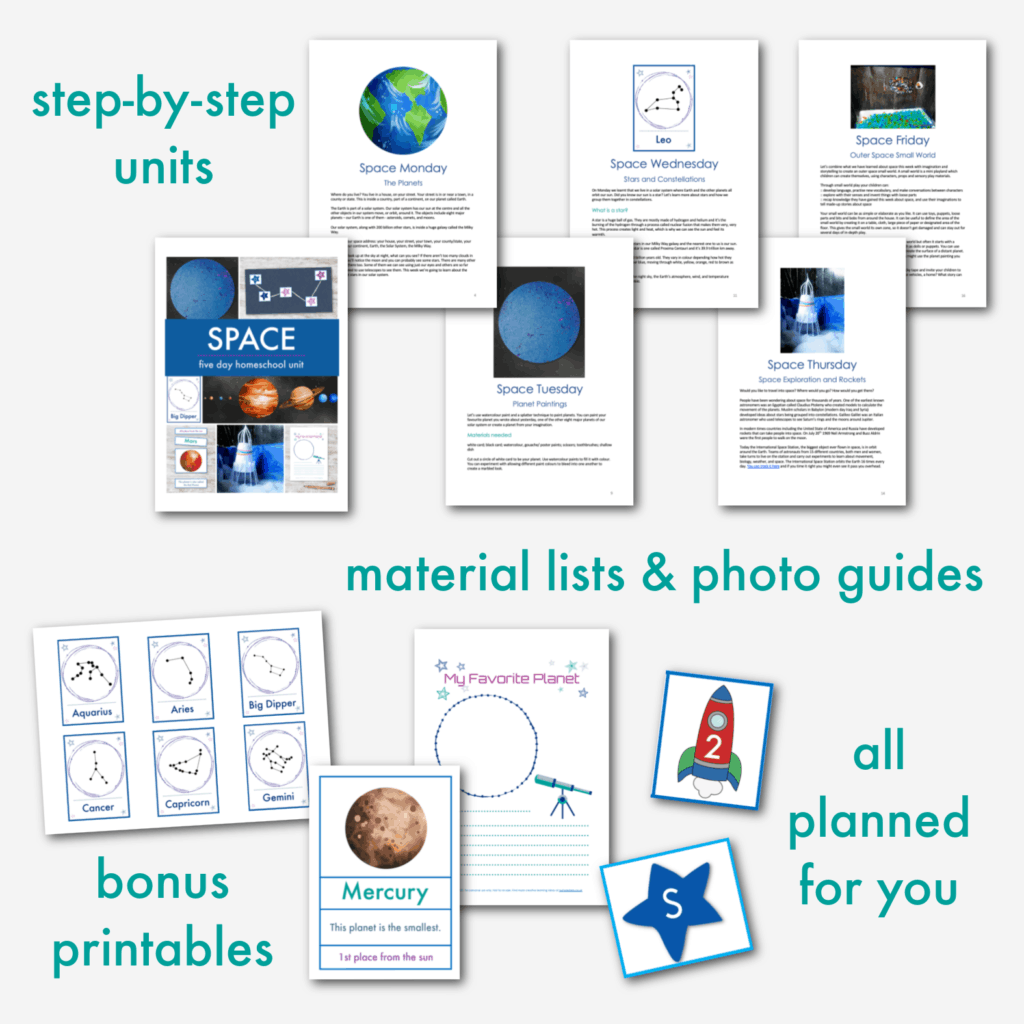
How to download your ready-made science and math STEM (home)school curriculum
Your teaching is about to get a whole lot better and easier!
Take a tour of the Play Academy and choose your first thematic unit here.


